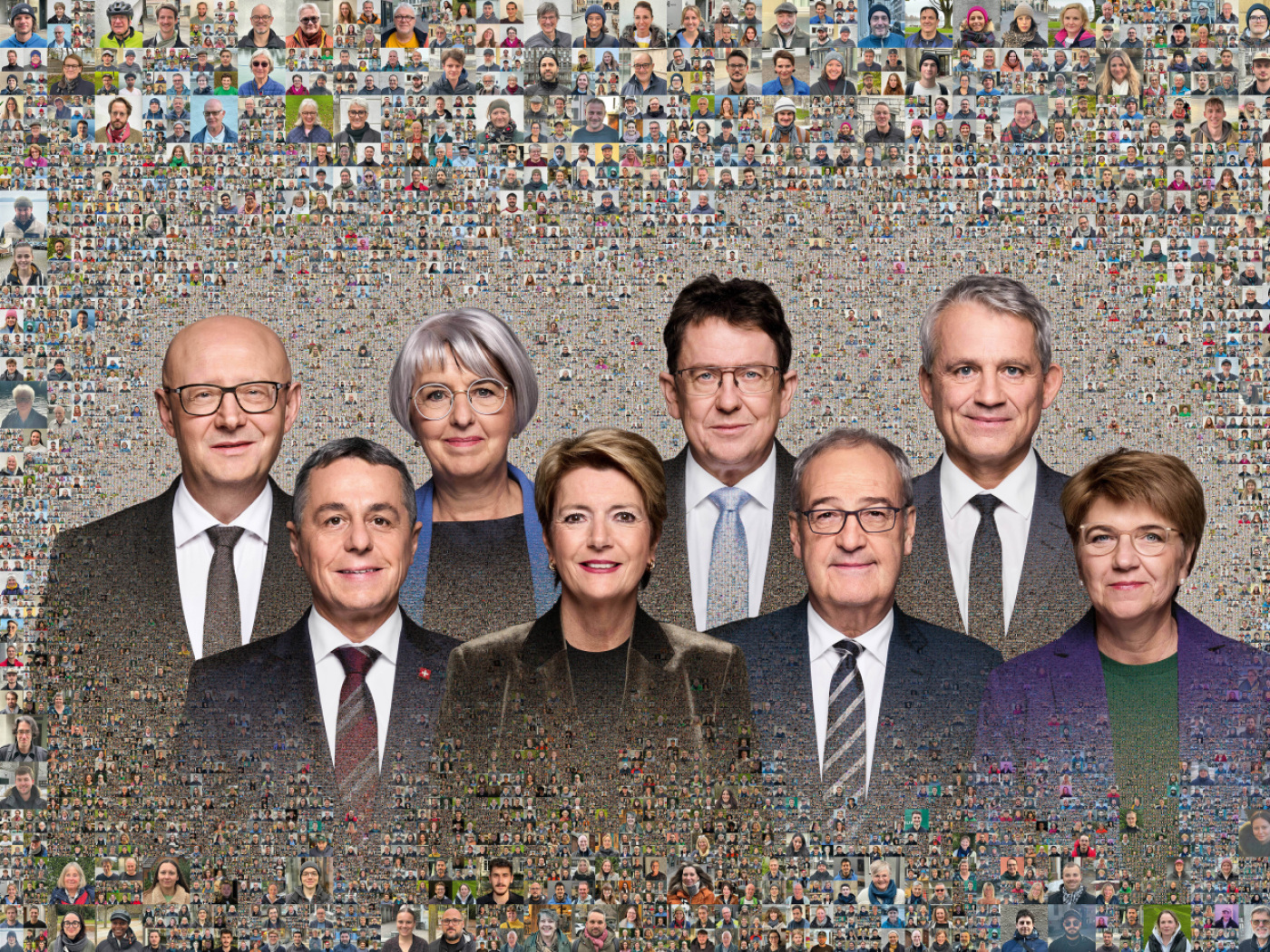Restrictions on begging in Swiss cities spark heated debate

Plans to tighten restrictions on begging sparked heated debate in the parliament in the Swiss canton of Vaud. Other regions are discussing similar measures.
+ Get the most important news from Switzerland in your inbox
Begging was banned in the canton of Vaud in 2018, but this ban then became unenforceable following a ruling by the Strasbourg-based European Court of Human Rights (ECHR) in 2021, concerning a case from Geneva. The Strasbourg judges ruled that the unqualified crackdown on begging did not comply with the principle of proportionality.
As a result, the local government in Vaud had to adapt and proposed a new draft law in July 2023. It lays down a basic principle: begging is authorised as long as it does not infringe on a passerby’s freedom of choice. Intrusive or aggressive begging as well as in a number of “sensitive” locations will be penalised.
+ Basel expels 11 beggars from Switzerland
During discussions in the Vaud parliament on Tuesday, numerous amendments were tabled to specify these places, add to them and extend the prohibition perimeters – in short, to tighten the screws a little more. The Vaud cantonal minister responsible for the dossier, Vassilis Venizelos, made a point of warning colleagues “not to be too heavy-handed” in order to avoid future appeals, notably to the ECHR.
Venizelos also pointed out that begging was not a security problem in itself from the police’s point of view, but more a matter of people’s feeling of insecurity. Only one case of human trafficking, convicted in 2013, has been recorded in the canton, he stressed. There is no upsurge in aggressive begging, he added.
On the one hand, the message was not to criminalise poverty and authorise passive begging, and on the other, to respond to the declining tolerance of the population in the canton’s main towns.
Political divides
While there was a strong-right-left divide on the issue, the cantonal parliament eventually voted in favor of the cantonal government’s version of an article. They opted for “begging is prohibited if it is likely to infringe on the freedom of choice of passersby”.
The law provides for penalties for “intrusive or aggressive” begging. By a very large majority, parliamentarians added “disloyal and misleading” (referring, for example, to false papers).
Three amendments from the right also passed: a ban on begging in the entire perimeter of markets, and not just in the queues in front of stalls; at entrances to public establishments; and in the immediate vicinity (and not in the vicinity) of schools, crèches , playgrounds, banks, post offices, cash dispensers and parking meters.
Translated from French by DeepL/jdp
This news story has been written and carefully fact-checked by an external editorial team. At SWI swissinfo.ch we select the most relevant news for an international audience and use automatic translation tools such as DeepL to translate it into English. Providing you with automatically translated news gives us the time to write more in-depth articles.
If you want to know more about how we work, have a look here, if you want to learn more about how we use technology, click here, and if you have feedback on this news story please write to english@swissinfo.ch.

In compliance with the JTI standards
More: SWI swissinfo.ch certified by the Journalism Trust Initiative


















You can find an overview of ongoing debates with our journalists here . Please join us!
If you want to start a conversation about a topic raised in this article or want to report factual errors, email us at english@swissinfo.ch.